Highlights:
- DHS proposes widening the public charge definition, making more applicants potentially ineligible for green cards.
- Officers would evaluate whether applicants may rely on benefits for basic needs, not only primary dependency.
- Housing, nutrition, and healthcare benefits could now count against applicants.
- The proposal gives USCIS officers broader discretion through a “totality of circumstances” test.
Existing green-card holders remain largely unaffected, though indirect impacts may arise in other immigration processes. The Donald Trump administration is preparing to introduce significant changes to the public charge rule, an immigration standard that could prevent lawful immigrants from obtaining green cards if officials believe they may rely on government benefits.
The Department of Homeland Security (DHS) has drafted a proposal expanding the definition of what constitutes a public charge and lowering the threshold for determining whether an immigrant may become dependent on state support.
The rule, formally titled 'Public Charge Ground of Inadmissibility,' is expected to be published in the Federal Register on Wednesday (19). Once published, the proposal will be open for public comment for 30 days. DHS filed the preliminary documents on Monday (17), signalling the administration's intention to reshape long-standing immigration policy in a more restrictive direction.
What is the public charge rule?
'Public charge' is a long-standing criterion used to evaluate whether an immigrant is likely to become dependent on government assistance. While the Immigration and Nationality Act does not explicitly define the term, it requires immigration officials to examine a combination of factors, including age, health, family situation, assets, financial stability, education, and skills, when deciding whether a person may rely on public resources.
Under the current regulatory framework, introduced in December 2022, the definition is relatively narrow: individuals are considered at risk of becoming a public charge only if they are likely to rely primarily on cash assistance or long-term institutional care.
Officers can also consider facts like the use of certain public benefits and the submission of a Form I-864 Affidavit of Support.
The new proposal aims to broaden this definition significantly. DHS officials would evaluate the 'totality of the circumstances' with fewer established guidelines, giving immigration officers wider discretion to determine whether an applicant might struggle to meet basic needs without any public support.
This could involve reviewing family medical history, economic background, and even signs of past or potential use of government benefit programs.
What could this mean for green-card applicants?
If implemented, the changes would roll back key parts of the 2022 rule. Several notable shifts include:
- Lowering the dependency threshold: Rather than assessing whether someone is primarily dependent on public resources, officers could determine that an applicant is a public charge if they rely on government assistance to meet basic needs. Immigration law firm Fragomen notes that this effectively lowers the bar for negative findings.
- Expanding benefit categories: Programs related to housing, nutrition, or health care, excluded under the 2022 rule, may now be considered evidence of potential dependency.
- Greater officer discretion: The broadened 'totality of the circumstances' framework would allow US Citizenship and Immigration Services (USCIS) officers to factor in not only the receipt of benefits but also the application for or approval of such programs.
What about current green-card holders?
The revised rule would primarily affect individuals seeking admission to the US or applying for adjustment of status to become permanent residents. Existing green-card holders would face more limited consequences. Public charge evaluations are generally not part of green-card renewals or naturalization applications.
However, immigration authorities caution that there may still be indirect effects. A permanent resident's financial stability, benefit-use-history, or ability to support dependents could influence other processes, such as sponsoring relatives, international travel, or future adjustments tied to family members.
As the proposal enters the public comment stage, immigration advocates and legal experts are preparing for another round of debate over how far the US government should go in restricting access to permanent residency for those who may acquire assistance.
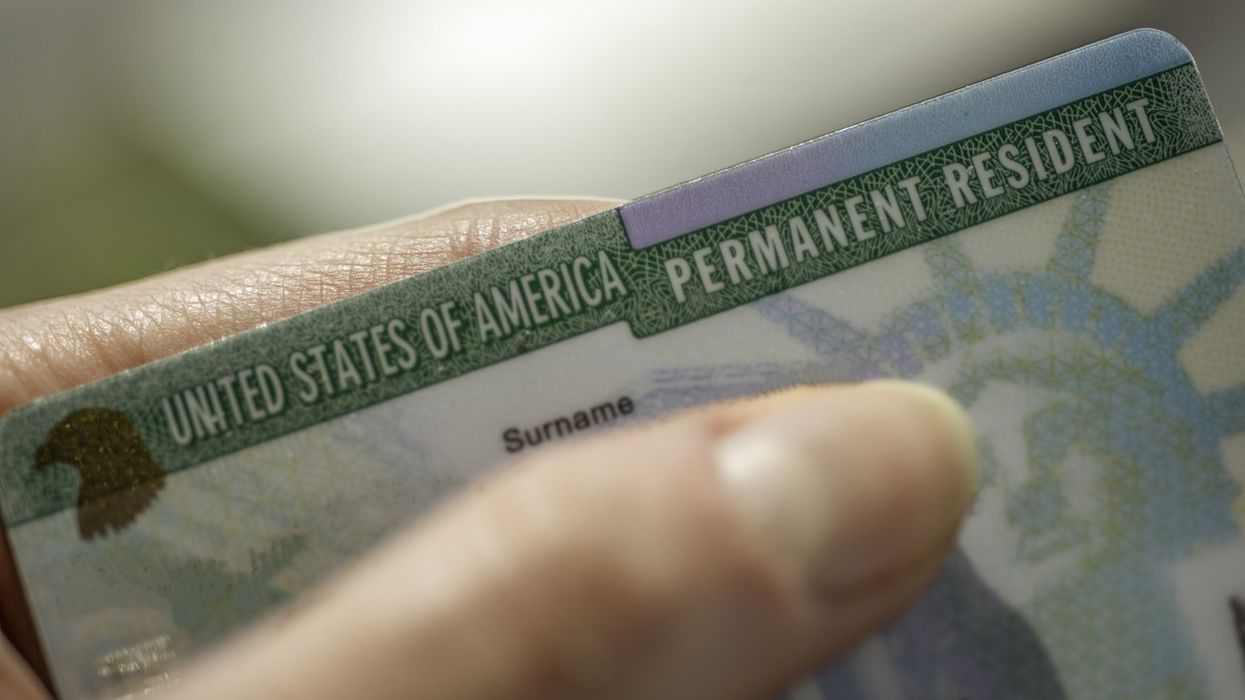


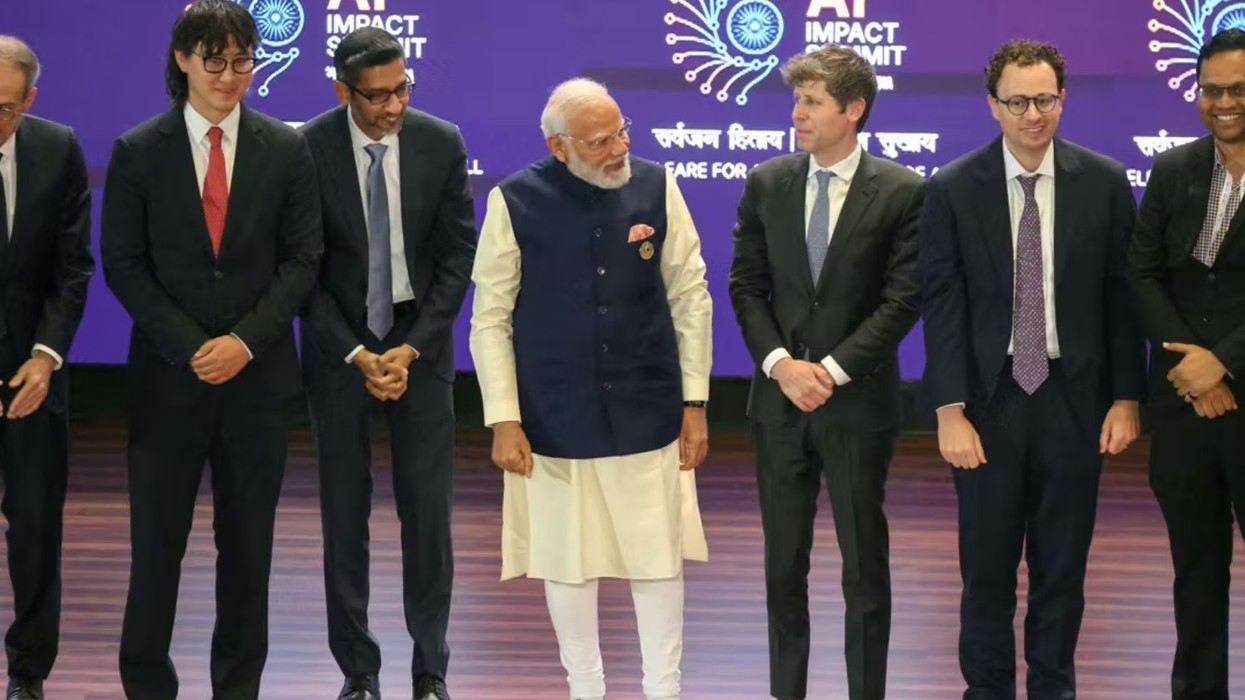
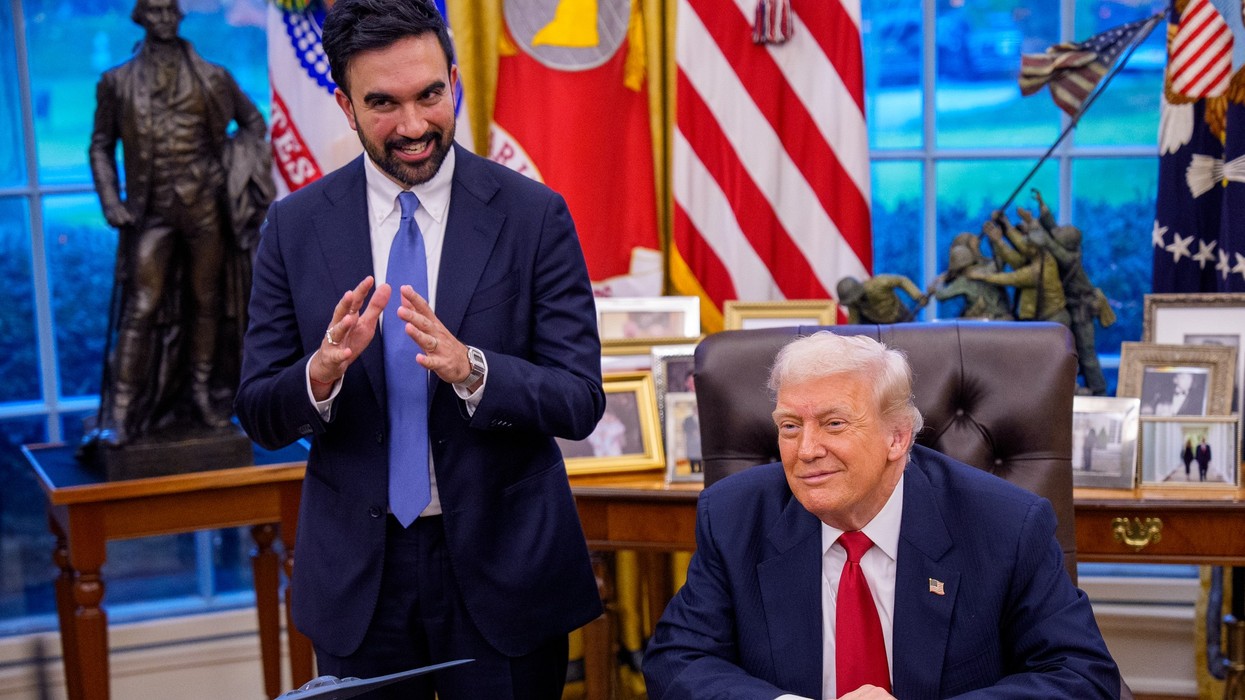









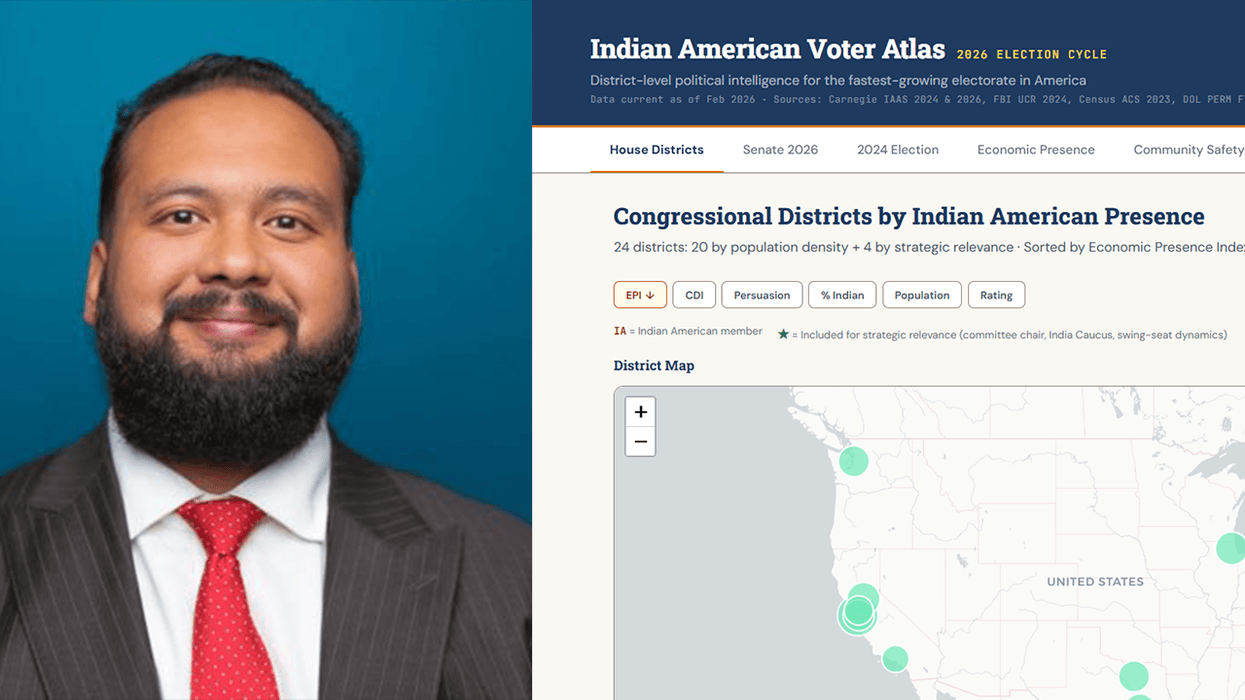
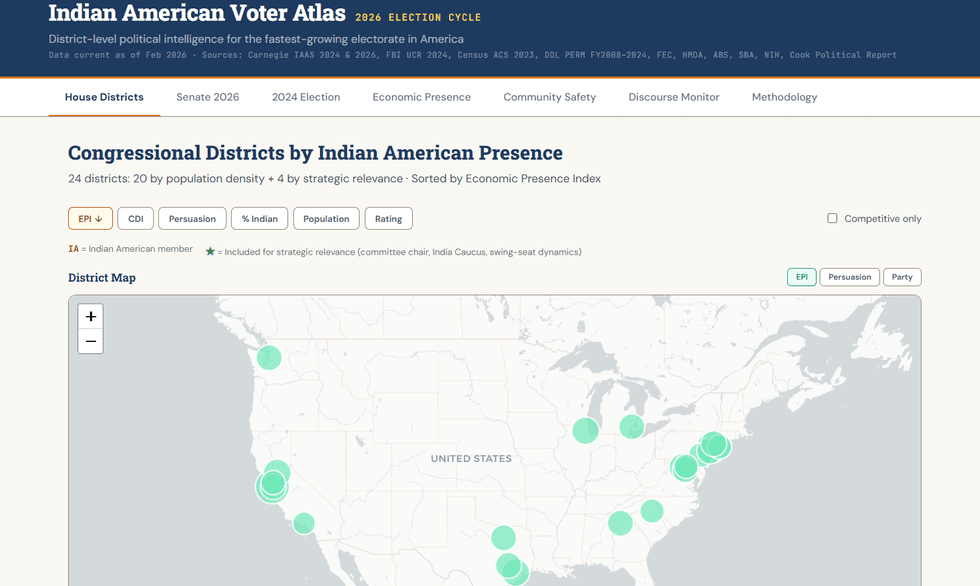 https://www.voteratlas.io/
https://www.voteratlas.io/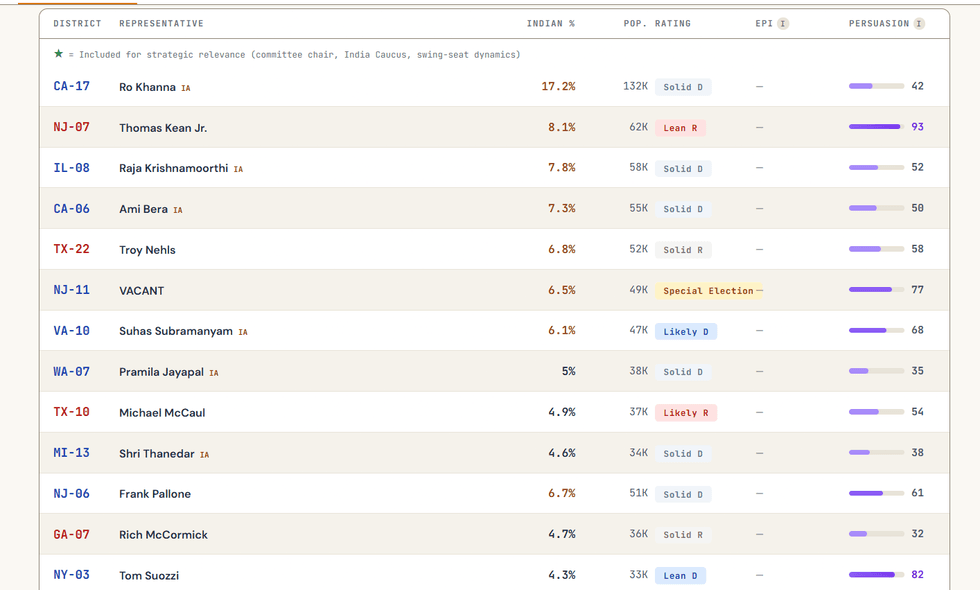 https://www.voteratlas.io/
https://www.voteratlas.io/
 A historic moment in Israel. The parliament erupted in applause and echoed with ‘Modi, Modi’ chants as PM Narendra Modi prepared to address lawmakers, highlighting the deep ties and admiration… | Times Now
A historic moment in Israel. The parliament erupted in applause and echoed with ‘Modi, Modi’ chants as PM Narendra Modi prepared to address lawmakers, highlighting the deep ties and admiration… | Times Now